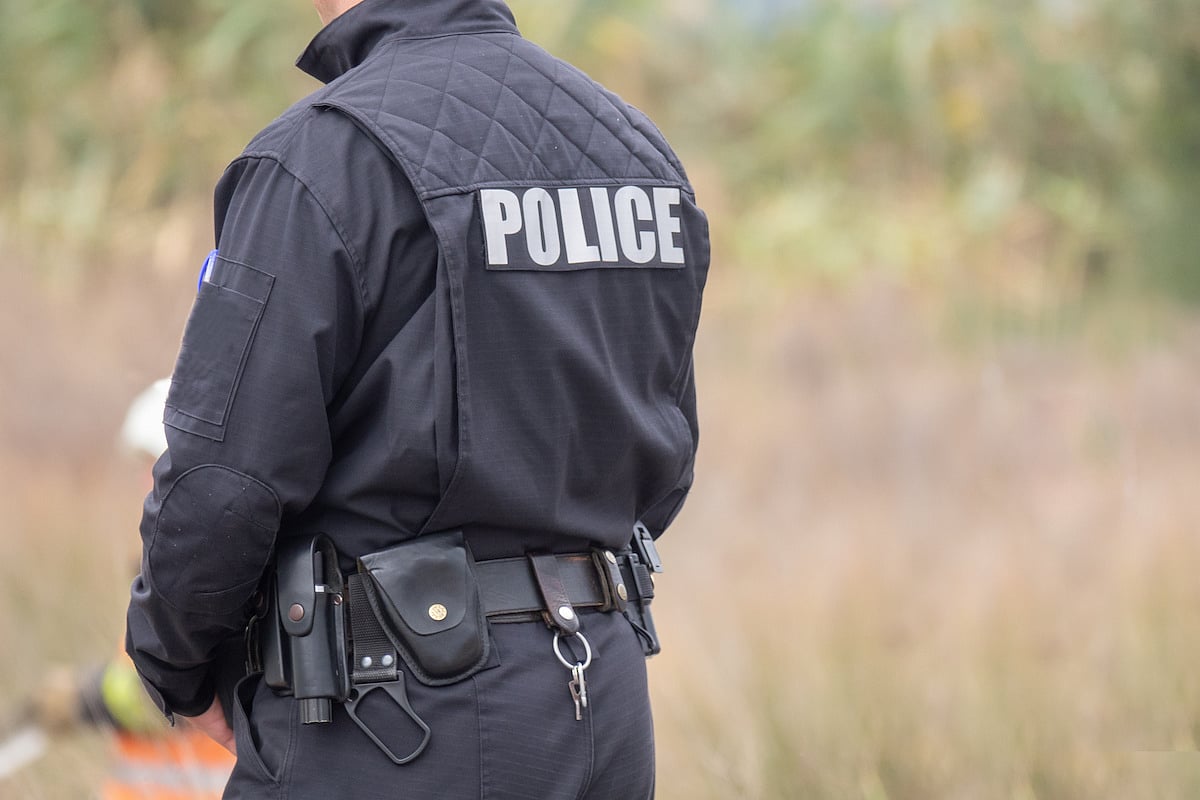Due to a recent change in our pharmacy software system, the process for submitting refill requests online has now changed.
Our previous mobile app and your current login credentials will no longer work.
Please click the Patient Portal tab to begin the new process.
Thank you for your patience during this transition.
Get Healthy!

- Dennis Thompson
- Posted August 5, 2024
Head Injuries Common Among Police Officers, With Links to Mental Health Issues
Three out of four police officers have experienced at least one concussion, increasing their risk of mental health issues, a new study suggests.
About 74% of Ohio law enforcement officers had suffered one or more head injuries during their lifetimes, researchers found. Around 30% had a head injury that happened on the job.
However, fewer than 1 in 4 of the head injuries were diagnosed or treated by a doctor, researchers found.
“This is an area where we have to improve awareness, just like we did in the sport concussion world,†said lead researcher Jaclyn Caccese, an assistant professor in the Ohio State University Wexner Medical Center’s School of Health and Rehabilitation Sciences.
For the study, researchers surveyed 381 police in central Ohio about their lifetime head injury history. The participants also completed questionnaires assessing symptoms of PTSD and depression.
Prior head injuries had occurred in 282 of the officers. These injuries occurred mostly from sports, but also were caused by falling, being hit by someone or something, car accidents or exposure to a blast, researchers said.
More than 50% of participants said they had a head injury severe enough to lose consciousness, feel dazed or confused, or cause a gap in memory -- all signs of a concussion.
Officers with a prior head injury also were more likely to have symptoms of PTSD and depression.
The new study was published Aug. 5 in the Journal of Head Trauma Rehabilitation.
Caccese hopes these results will prompt more officers to report on-the-job concussions.
“The goal is really to improve officer safety and health in the long term,†Caccese said in a university news release. “And I think there’s a lot of potential there, especially when it comes to improving career longevity.â€
“Although treating these injuries is difficult in the moment, it leads to a longer career, better health outcomes and better quality of life, not only in their service, but also in retirement,†Caccese added. "I think with that awareness, they will be more likely to report injuries as they sustain them.â€
It might help if law enforcement agencies developed “return-to duty†rules, much as sports organizations have developed “return-to-play†protocols following a concussion on the field, Caccese said.
Such return-to-duty protocols would involve temporary removal from duty, a gradual increase in activity,and a screening by a doctor before returning to active duty, the researchers said.
“Now we have some data that we can present to administrations, to unions, to leadership that says, ‘Here’s the problem. This is how we can fix it. Let’s start working that process,’†said study co-author Josh Walters, a deputy in the Franklin County Sheriff’s Office in Ohio.
More information
The National Institutes of Health has more on concussion.
SOURCE: Ohio State University, news release, Aug. 5, 2024







